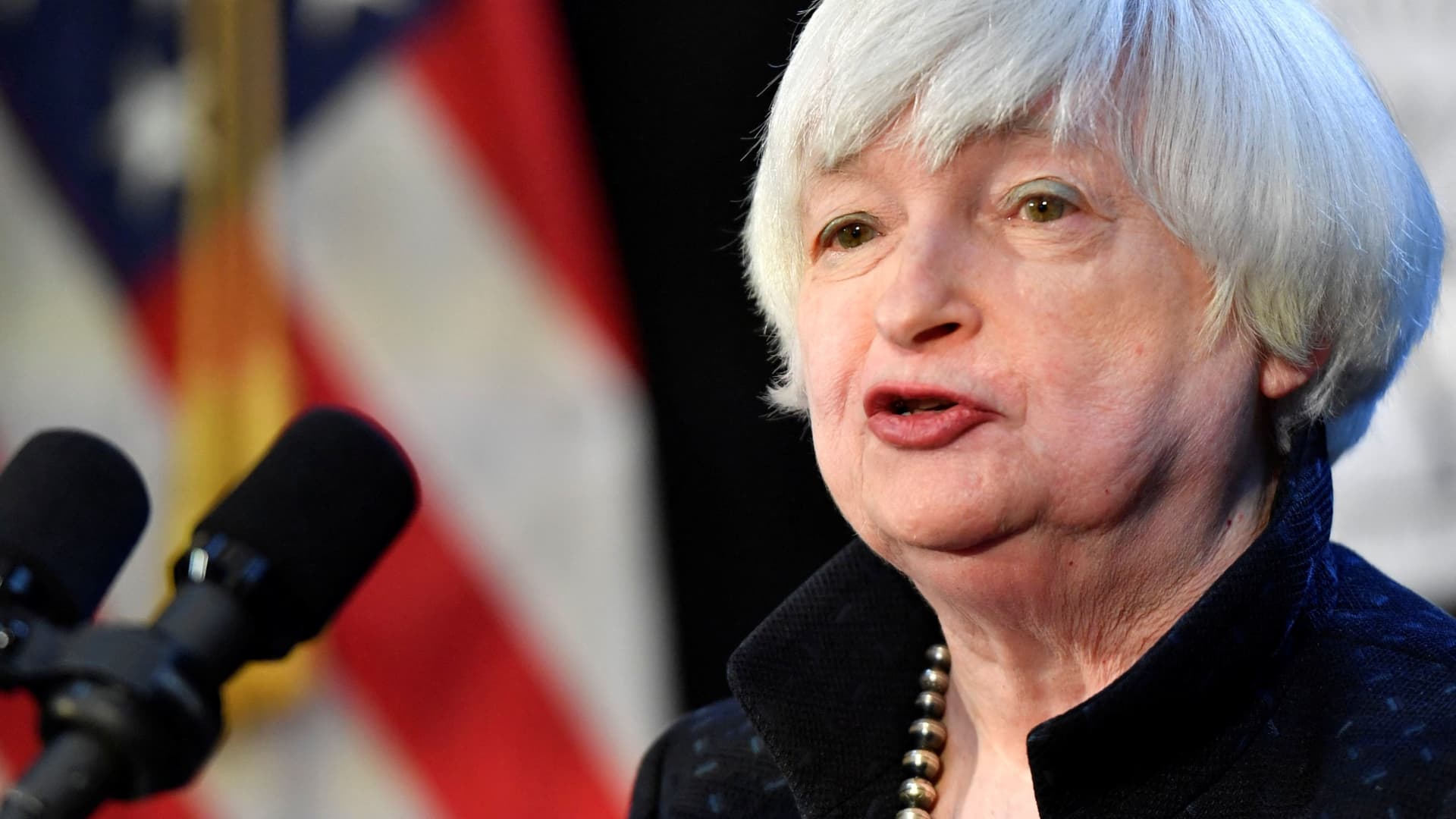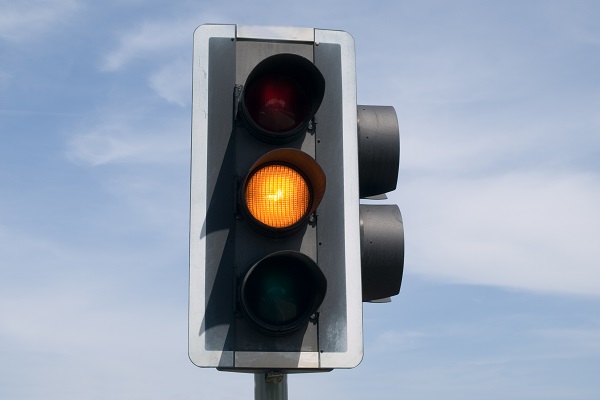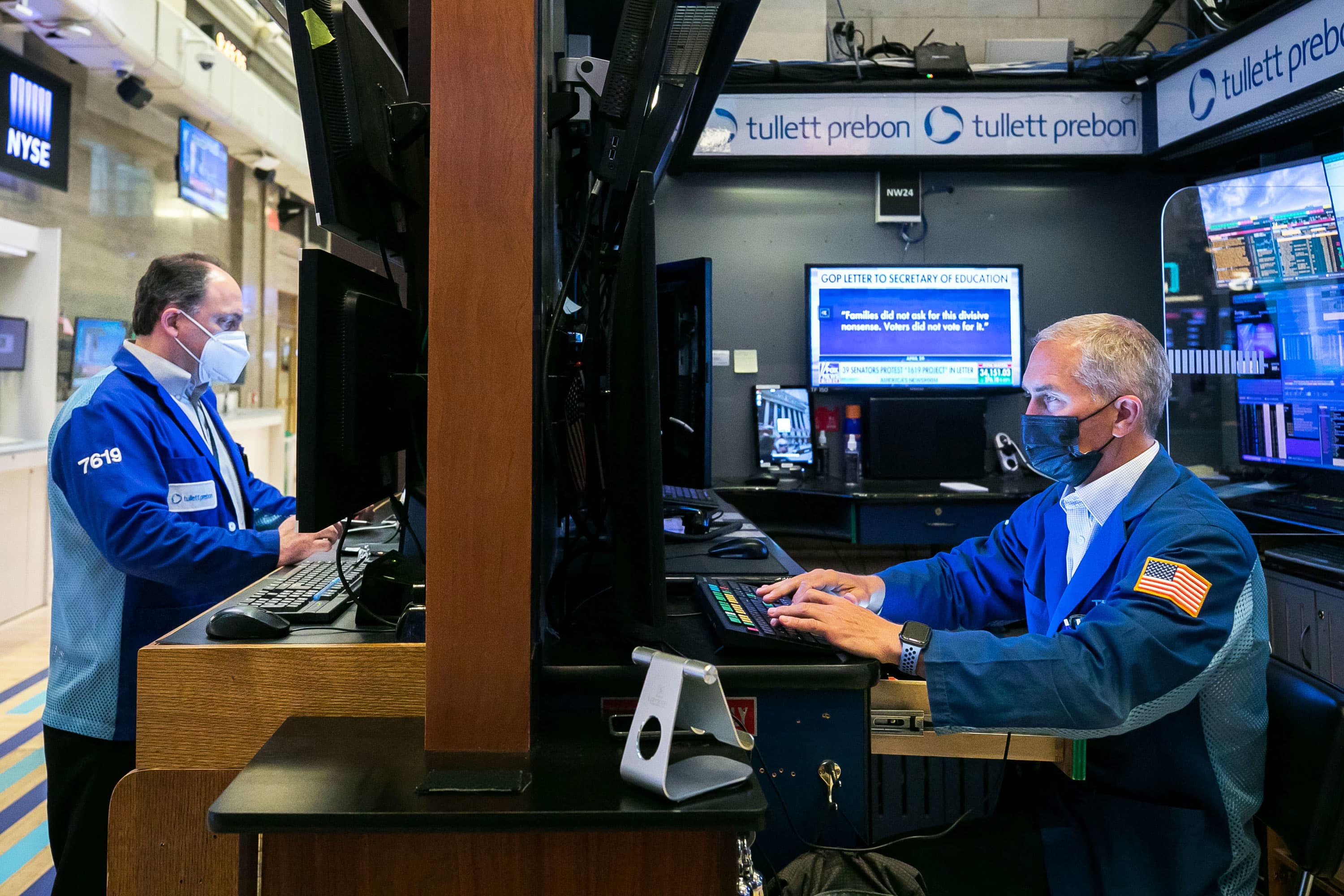Treasury Secretary Yellen sees no need for China sanctions as U.S. tries to deter aid to Russia
Treasury Secretary Janet Yellen on Friday said that she does not believe the U.S. should impose sanctions on China as a partner to Russia.

Treasury Secretary Janet Yellen on Friday said she does not believe the U.S. should impose sanctions on China because of its ties to Russia.
"I don't think that that's necessary or appropriate," the Treasury secretary told "Squawk Box" of potential penalties on Beijing. "Senior administration officials are talking privately and quietly with China to make sure that they understand our position."
"We would be very concerned if they were to supply weapons to Russia, or to try to evade the sanctions that we've put in place on the Russian financial system and the central bank," she said. "We don't see that happening at this point."
The Treasury secretary's remarks come as NATO leaders step up their efforts to warn China against enabling Russia's assault on Ukraine.
U.S. Secretary of the Treasury Janet Yellen speaks to employees after touring The Denver Mint, One of the two locations manufacturing coins for the new American Women Quarters Program, which includes the Maya Angelou quarter dollar coin, in Denver, Colorado, March 11, 2022.
Jason Connolly | Pool | Reuters
The U.S. and its allies have for weeks warned Beijing that it would face severe consequences if it would aid Moscow by providing arms, offering alternative trade routes or creating disinformation campaigns.
China has not fully denounced Russia's unprovoked attack on its neighbor, and like Russian President Vladimir Putin, has complained about NATO's expansion. U.S. officials have also said that Russia has asked China for military and economic assistance, a charge both countries deny.
President Joe Biden last week threatened Chinese leader Xi Jinping with unspecified consequences if Beijing supports Moscow as it works to capture the Ukrainian capital of Kyiv.
While it is unclear how the White House would penalize Beijing, it would likely call on the Treasury Department to expand its economic sanctions.
In the interview, Yellen also touched on how both Russia's invasion of Ukraine and the Covid-19 pandemic have emphasized the importance of securing U.S. supply chains.
"Maybe American businesses have focused on efficiency and organizing supply chains in ways that lower costs but impair resilience," she said. "And resiliency in supply chains is a high priority of the administration."
The European war and global supply concerns have caused havoc in several key commodities markets, including those for crude oil and wheat. The price of West Texas crude oil futures leapt above $130 per barrel earlier in March after trading under $90 in January.
The spike in oil prices caused a corresponding jump in U.S. gasoline prices, which rose to their highest level ever earlier in the month at a national average of $4.33 a gallon.
Wheat remains above $10 a bushel, about 25% higher than where it traded two months ago.
But for all the recent chaos, Yellen said she disagrees with claims that trade globalization is ending.
"I really have to push back on that," she said. "We're deeply involved in the global economy. I expect that to remain, it is something that has brought benefits to the United States, and many countries around the world."
Asked about the role cryptocurrencies are playing in the Russian-Ukraine war, Yellen said she views the asset class through her duty to safeguard American consumers and investors. She said that she is focused on those who would view cryptocurrencies as a wise investment decision.
"I have a little bit of skepticism because I think there are valid concerns around it," Yellen said. "Some have to do with financial stability, consumer-investor protection, use for illicit transactions and other things."

 BigThink
BigThink 
































